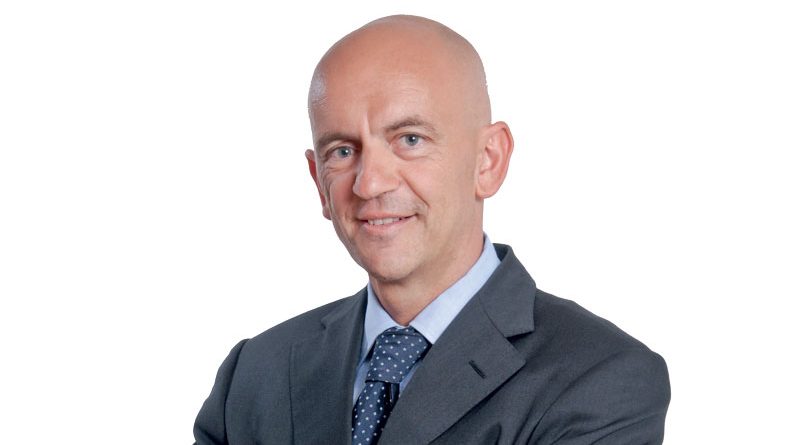Roberto Ariotti, President, Assofond
The best part of Italian foundries, mostly SMEs, are located in Northern Italy, the area most affected by the pandemic. The restart will need bold industrial policy choices with investments in innovation and environmental sustainability.
Although it is still early to outline consolidated evaluations, it is not difficult to say that what is happening will mark a turning point in the history of the economy and industry throughout Europe. Even before the emergency, Italy was already showing signs of deceleration, mainly due to structural causes and government initiatives which were scarcely oriented towards investment. The Covid-19 was twice as heavy a blow as the one received by our EU partners. The total blockage of production will have to be recovered. We will have to reconsider the whole market. Restarting the machines will require an unprecedented effort, which all of us will have to make in terms of industrial relations, contracts with our suppliers and with our customers too.
What are the possible general consequences for the domestic and global economy?
There is no doubt that the consequences will be very significant. Estimates point at a 3% drop in world GDP, with Italy among the countries most affected. There will be many industries which will find it very difficult to recover, and which will have to revise their long-term plans. One example of this is the automotive industry, a crucial sector for foundries, which was previously struggling, but has now completely collapsed. Hybrid, automation, car sharing were the key words of pre-Covid-19 mobility. Concepts that today appear as unreal. What happens next? Will we continue to talk about cars (and to produce them) like just two months ago? I believe that we shall have to take into account what is happening also in industrial terms, to respond to new demands and habits acquired by consumers.
How has the industrial aluminium system, in the various segments, reacted to the emergency?
Most Italian smelters stopped their activities following the Prime Minister’s Decree dated March 22nd. Others, as part of the strategic supply chains, continued their production, even though the pace was reduced. All of this was done having our priority clearly in mind: safety first! Many of our companies, including my own, are located in the regions of Northern Italy, those most affected by the pandemic. These are mainly SMEs, where entrepreneurs know their employees and their families personally. It is a closeness which has enabled us to have a direct and constructive dialogue with employees and their representatives and to find shared solutions to guarantee the health of all of our staff. Today we are ready to start again and aware that we can guarantee all the necessary safety measures to protect our employees.
How do you see the future of the foundry sector locally and globally?
The president designate of Confindustria, Carlo Bonomi, says that for the restart “we will need everyone. First of all, companies”. I agree with him. However, I would add that a change of pace on the part of politics will also be immediately necessary. That anti-industrial and state intervention climate, not aimed at growth, but at making the country’s fragmented (and not productive) interests survive, must be swept away. Foundries are part of the same production cluster as mechanics, which contributes about 8% of GDP and employs 1.6 million people. Europe’s second largest manufacturing industry cannot be abandoned to its fate. If this were the case, someone would have to be held accountable. Faced with history, faced with the workers, at the time of the next elections, but not only. We will need a government capable of attacking this disaster and turning it into an opportunity. We will need courageous leadership on the investment and innovation front, not divisive in political and democratic terms. Life has imposed a change on us which nobody could have imagined. Very well. Let us take advantage of it.
Do you think that the concept of “green industry” will be rewarded in the coming years?
The focus on sustainability issues cannot fade away, indeed it will be a central driver for the restart. This upheaval has made the fragility of our planet, of our society, of our own species even more evident: we shall have to take it into consideration when designing the world of tomorrow, and we – if I may say so – have been doing so for some time: the whole sector has developed much more efficient production processes , which are the most environmentally compatible in the world, and which even now define Italy as one of the countries where smelting means working with maximum energy, environmental and economic efficiency.
It is equally clear, however, that while continuing to consider the transition to the green and circular economy as a priority, certain deadlines and certain steps set before the pandemic should, in my opinion, be reconsidered in terms of timing and methods. I would like to return to the example of the automotive industry mentioned before: the transition to green mobility, which began hurriedly and with considerable risks for the survival of the European car industry, should be reconsidered on this occasion. Mind you, I say reconsidered, not abandoned, on the contrary: carefully re-planned – also through incentives for investment in R&D by companies – in order to reconcile the need for immediate recovery felt by the manufacturing industry at the moment with the equally legitimate need to reduce emissions.

